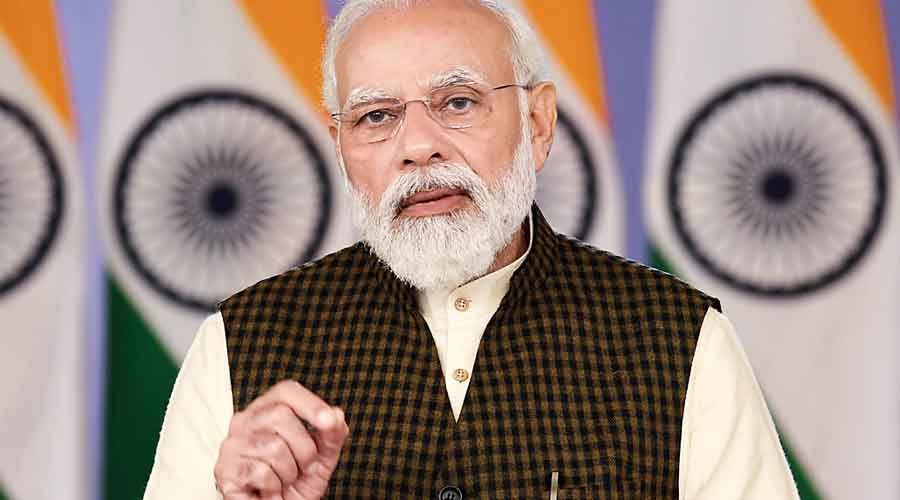Democracy needs saving from the rising currents of authoritarianism. That was the premise behind the first-ever conclave of democracies, led by the president of the United States of America, Joe Biden, last Thursday and Friday. And, indeed, multiple independent evaluations — by Freedom House, International Institute for Democracy and Electoral Assistance and V-Dem, all reputed global non-profits — this year show that democracy is backsliding in some of the world’s largest democracies such as the US, India and Brazil. The very idea of democracy as a country’s best route to prosperity and development is also under threat, with China’s rapid economic growth and its expanding geopolitical clout representing a model that many other governments —some overtly, others secretly — aspire to. Against that backdrop, a platform that brings together the world’s democracies to reaffirm their faith in that form of governance, acknowledge shortcomings, and learn from each other is welcome. The problem? Mr Biden’s “Summit of Democracy” was not really about all that it promised.
The list of invitees included countries like Pakistan, where the elected government is subservient to the military; the Philippines, whose president has publicly advocated extrajudicial killings; and Poland, where the ruling administration has tried to end judicial independence. The only plausible reason they were included relates to America’s pragmatic dependence on them — Pakistan in Afghanistan, the Philippines as a force against China and Poland as a bulwark against Russia. More robust — although certainly flawed — democracies such as Sri Lanka and Bangladesh were kept out. If that clearly opportunistic selection of ‘democracies’ was not embarrassing enough, Pakistan and South Africa both turned down the invitation, sparking suspicions that China, angry at not being invited, was playing spoilsport from behind the scenes. But most disappointingly, participating leaders — including Prime Minister Narendra Modi — primarily used the platform to tom-tom national achievements. Missing from the conversation was any genuine self-reflection on the weaknesses that have led to a crisis of credibility for democracies around the world. This perhaps is not surprising. As the political scientist, John Keane, describes it, the world is witnessing a surge in ‘phantom democracies’ where leaders specialize in manipulating the emotions of voters, speaking of the rule of law while actually undermining it. For democracy to thrive, countries that practise it need to reinvent themselves and fix their warts. For that, leaders need to listen more and talk less. Mr Biden’s summit accomplished the exact opposite.











